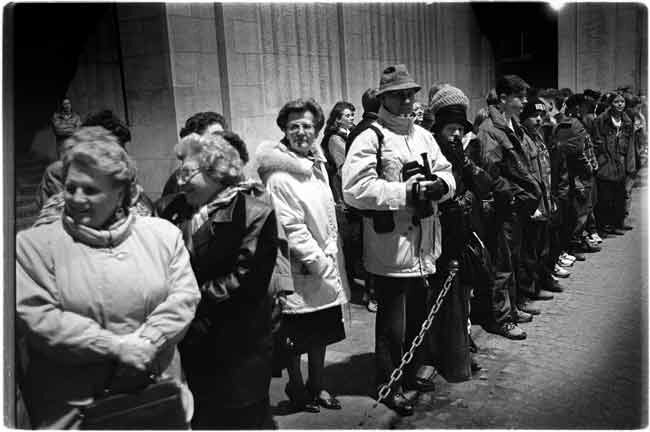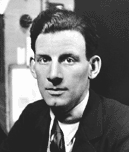
 Siegfried Lorraine Sassoon (1886-1967) was an young English gentleman. He had a good education and he was good at poetry. He thought - like many of his fellow-officers - that the Great War was going to be a sort of hunting party.
Siegfried Lorraine Sassoon (1886-1967) was an young English gentleman. He had a good education and he was good at poetry. He thought - like many of his fellow-officers - that the Great War was going to be a sort of hunting party.
When he arrived at the front he found out how different reality was. His attitude changed completely. Of the 35 poems in his 'War Poems 1915-1917' twentyone are directed against war. Some of them, like The Hero, now belong to the most significant anti-war poetry ever written.
In August 1917 Siegfried Sassoon was sent to the Craiglockhart War Hospital in Edinburgh. His public statement of protest at the continuation of the war had embarrassed and angered the authorities, but the intervention of friends, pleading his shell-shock, saved him from a court-martial.
Inauguration
After the war Sassoon stayed angry and cynical and, like so many others, could not cut himself loose from his dreadful memories. When on July 24, 1927, in Ypres, Flanders, the Belgian king Albert inaugurated the new Menin Gate, Sassoon was there.
In this large memorial 54.896 names are inscribed - names of allied soldiers who died nearby but whose remains could not be identified, or who are still missing. (?Yet the memorial proved too small: 34.984 names were left over; these were inscribed on a wall a few miles away at the Tyne Cot war cemetery.?)
When the Menin Gate was inaugurated, the Last Post was sounded: a call for the missing (?every evening since then the Last Post was and will be sounded at this gate?). Sassoon witnessed it all and became bitter.
The next day, in his hotelroom in Brussels, he wrote the first words of a heartbreaking poem that he never dared to publish. It became known only after his death. He had been alone in his anger.
On Passing the New Menin Gate
Who will remember, passing through this Gate,
the unheroic dead who fed the guns ?
Who shall absolve the foulness of their fate, -
Those doomed, conscripted, unvictorious ones ?
? ? Crudely renewed, the Salient holds its own.
? ? Paid are its dim defenders by this pomp;
? ? Paid, with a pile of peace-complacent stone,
? ? The armies who endured that sullen swamp.Here was the world's worst wound. And here with pride
'Their name liveth for ever', the Gateway claims.
Was ever an immolation so belied
as these intolerably nameless names ?
Well might the Dead who struggled in the slime
Rise and deride this sepulchre of crime.Siegfried Sassoon
Bronnen voor dit artikel -/- Other sources for this article.